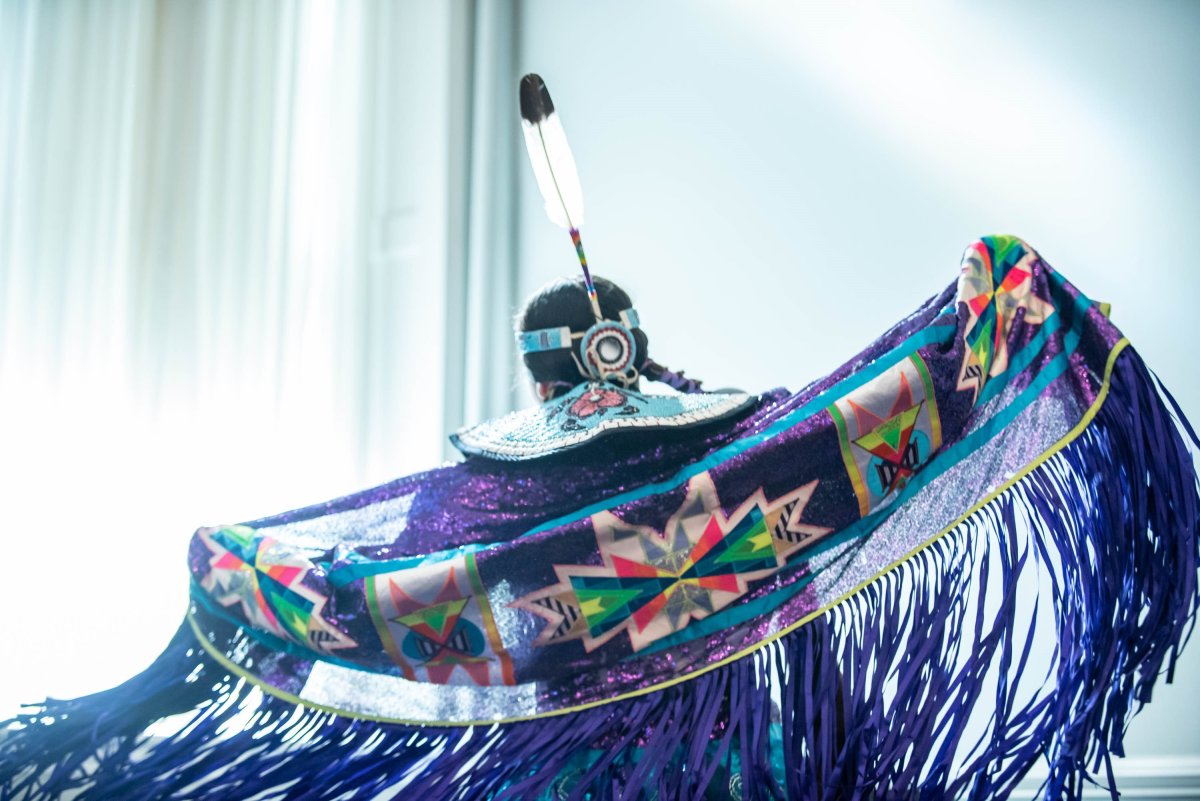The North American Indigenous Games (NAIG), set to be held in Halifax in July, have been postponed due to the COVID-19 pandemic.

In a statement released Wednesday, the NAIG council and host society said they will explore their options for rescheduling in the coming weeks. Organizers are working to hold the games in Halifax in 2021.
“It is our intention to work towards the full experience for these young athletes in Kjipuktuk (Halifax),” the statement said.
The president of the games said the goal is to keep everyone safe and healthy. As of Wednesday, the number of COVID-19 cases in Nova Scotia had reached 68.
“To abide by the recommendations and guidance of the Nova Scotia government and its health care professionals is critical to slowing and eliminating this pandemic, even if it means the delay of something amazing,” said NAIG 2020 president Tex Marshall.

It’s the latest major event in the city to be cancelled or postponed due to the pandemic.

Get weekly health news
The news follows an announcement from the International Ice Hockey Federation on March 7 that it was cancelling the 2020 women’s world hockey championships in Halifax and Truro. The IIHF said Nova Scotia will host next year’s event.
The men’s USports university hockey championships were also cancelled after one day of play in Halifax on March 12.
Questions about COVID-19? Here are some things you need to know:
Health officials caution against all international travel. Returning travellers are asked to self-isolate for 14 days in case they develop symptoms and to prevent spreading the virus to others.
Symptoms can include fever, cough and difficulty breathing — very similar to a cold or flu. Some people can develop a more severe illness. People most at risk of this include older adults and people with severe chronic medical conditions like heart, lung or kidney disease. If you develop symptoms, contact public health authorities.
To prevent the virus from spreading, experts recommend frequent handwashing and coughing into your sleeve. They also recommend minimizing contact with others, staying home as much as possible and maintaining a distance of two metres from other people if you go out.
For full COVID-19 coverage from Global News, click here.


Comments